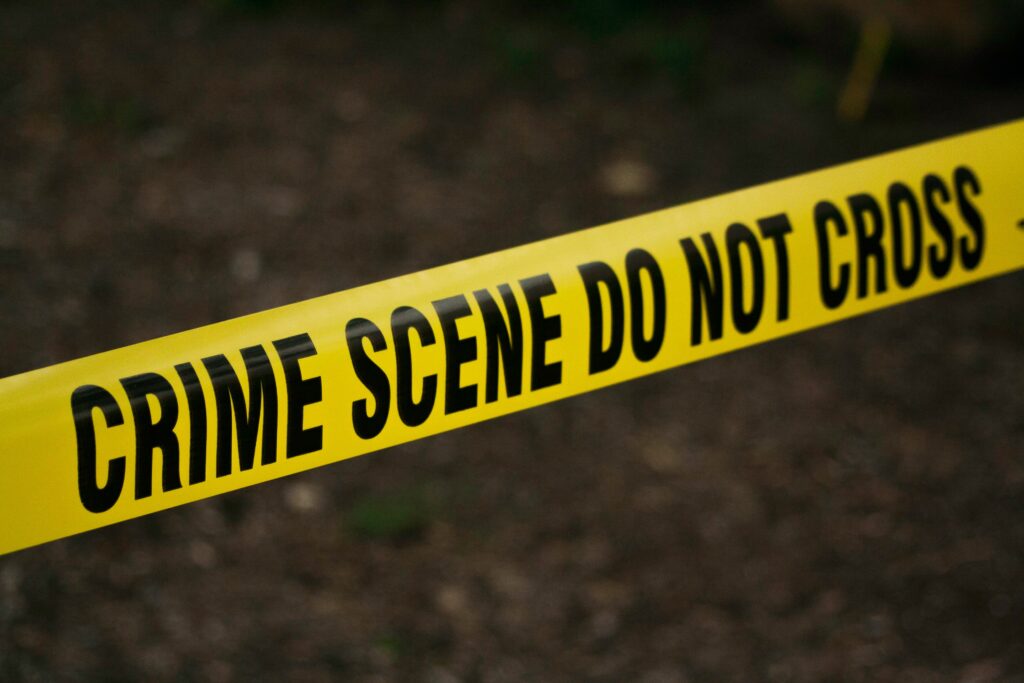The U.S. needs to decriminalize drugs
3 min read
Drug usage in the United States is an issue of health, not a criminal offense, and should be treated as such. | Kat Wilcox, Pexels
NATHAN JAMERSON
Staff Writer
It is no secret that the United States has a huge drug problem. In 2017, The U.S. Department of Health and Human Services declared the opioid crisis a public health emergency with over 700,000 drug overdose deaths since 1999. Additionally, in the U.S. alone, 45.3% of inmates are incarcerated for drug-related offenses. If drug use and addiction is a health issue, why is the U.S. treating it as a criminal offense? The decriminalization of drug possession would shift the burden from law enforcement to treatment facilities and allow for greater medical research into new addiction therapies, thus improving overall public health and safety.
Addiction is more complex than most people realize. Continued substance abuse is shown to alter brain chemistry, causing “changes in the brain systems involved in reward, motivation and memory.” This develops into a physical and psychological dependence, which is something that jail time cannot fix.
“The treatment for addiction is best addressed by addressing the addiction problem,” said UMW Director of Student Health Dr. Nancy Wang. “[It] requires psychological/medical services.” Because of this, the criminalization of drugs and the consequent jail time that follows are not proper solutions to the issue at hand.
Unfortunately, U.S. prisons do a poor job at rehabilitation, with 68% of drug offenders being reincarcerated within three years of their release. Wang suggested that drug addiction should be treated with counseling methods like motivational interviewing, cognitive behavior therapy, dialectical behavior therapy, trauma focused therapy or twelve step programs, such as Alcoholics Anonymous. These rehabilitation therapies have been proven to be effective too, with 85-95% of treated patients remaining drug-free nine months after treatment.
Decriminalization has also led to public health benefits.
In 2001, Portugal decriminalized the public and private possession of all drugs, focusing on a health-based approach to addiction. In 2008, their Supreme Court specified that this decriminalization only applied to individuals, thus criminalizing “drug use as a crime when the quantities at play exceeded those required for an average individual’s use for 10 days.” Even with this narrowing of the law, drug-related deaths have fallen significantly lower than the E.U. average. Additionally, since decriminalization, drug abuse and addiction rates have been halved, and drug-related HIV infections since the legislation was passed have fallen 95%. With results like these, it’s easy to see the benefits of decriminalization.
“Instinctively, if we can address addiction as a psychological, physical and societal issue, we might come close to decreasing the number of people who end up in an endless cycle of addiction, jail, and crime,” said Wang.
Decriminalization has also led to previously illegal drugs proving to be effective therapies for mental health disorders.
In 2020, Oregon passed a bill that both legalized psilocybin-assisted therapy and decriminalized personal possession. Psilocybin is a hallucinogenic substance found in 200 species of fungi, which are commonly known as “magic mushrooms.” Since decriminalization, scientific and clinical trials have shown significant results in treating treatment-resistant and clinical depression.
Psilocybin isn’t the only drug that has been shown to be an effective treatment. A recent study published in May 2021 found that MDMA, which is commonly known as ecstasy, “is highly efficacious in individuals with severe PTSD, and treatment is safe and well-tolerated, even in those with comorbidities.” Another study shows that CBD, a chemical in cannabis, can help prevent COVID-19 infection. Currently, psilocybin, MDMA and cannabis are listed as schedule 1 drugs in the U.S., which means that they are not approved for federally sanctioned medical treatment use, despite research showing that they are effective treatments that should be utilized to help people.
With these obvious benefits, the U.S. should decriminalize drug possession and further research to examine the benefits that it could have.











